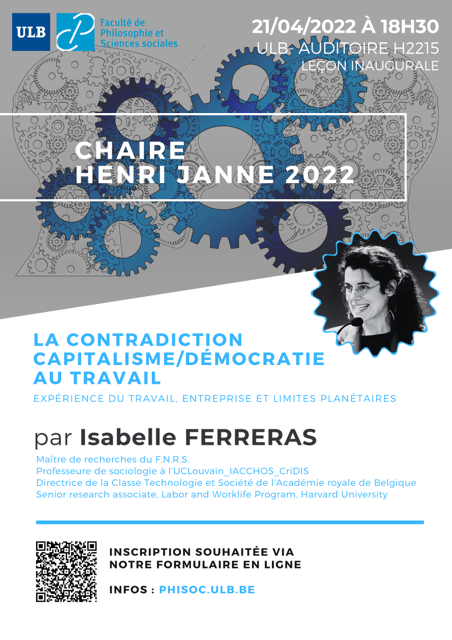[work package 5]
Engaging with transition politics at the workplace.
Scientific publications [wp5]
Sorry, there are no posts in this section yet.
Blog articles [wp5]
Deliverables [wp5]
Deliverable 5.1.2 Methodological Protocol
As a part of the LAMARTRA project, WP5 explores how the ecological transition and
labor transformations develop within firms in the Belgian economy and, more
specifically, how workers are involved in these processes. Focusing on salient sectors
previously defined by LAMARTRA, WP5 consists of four in-deep case studies, one for
each salient sector, i.e., metal industry, construction, agriculture, and e-commerce.
Through this multi-case study, WP5’s scientific inquiry aims to identify internal
connections between workers’ participation and ecological transition within firms and
to account for the social conditions that make those connections possible. As explained
in this document, the central hypothesis of WP5 research is that workers’ participation
is a critical condition for ecological transition within organizations. The Methodological
Protocol describes the research design to provide the evidence required for this inquiry.
Deliverable D5.1.1: Internal research note on literature review
This document is an output of Work Package 5 ‘Engaging with transition politics at the
workplace’. It consists of an ‘Internal research note on literature review’ (D5.1.1), the
first deliverable for Task 5.1 ‘Setting the scene for ethnography of transition politics at
workplace’. It intends to explore the research hypothesis underlying the fieldwork of
WP5, which is that workers’ participation in decision-making at the firm level (i.e. some
version of firm-level democratization) is a necessary condition for the ecological
transition to take place. Two dimensions are particularly dependent on this condition:
the level of efficiency and intelligence of the transition (delivering the right
implementation conditions) and speed.









